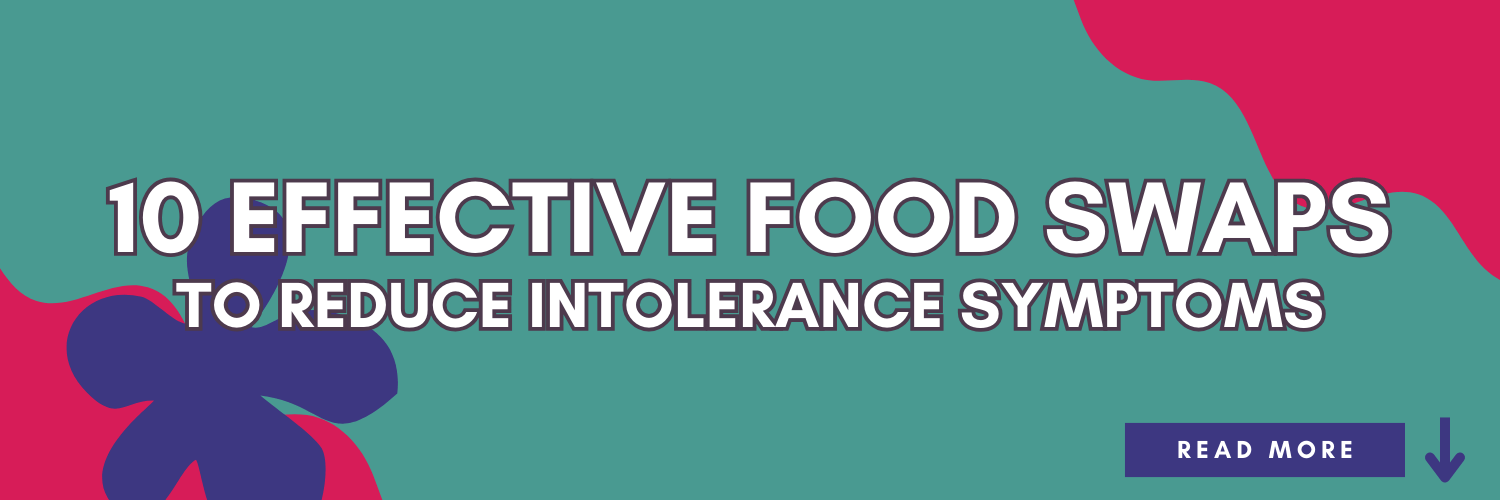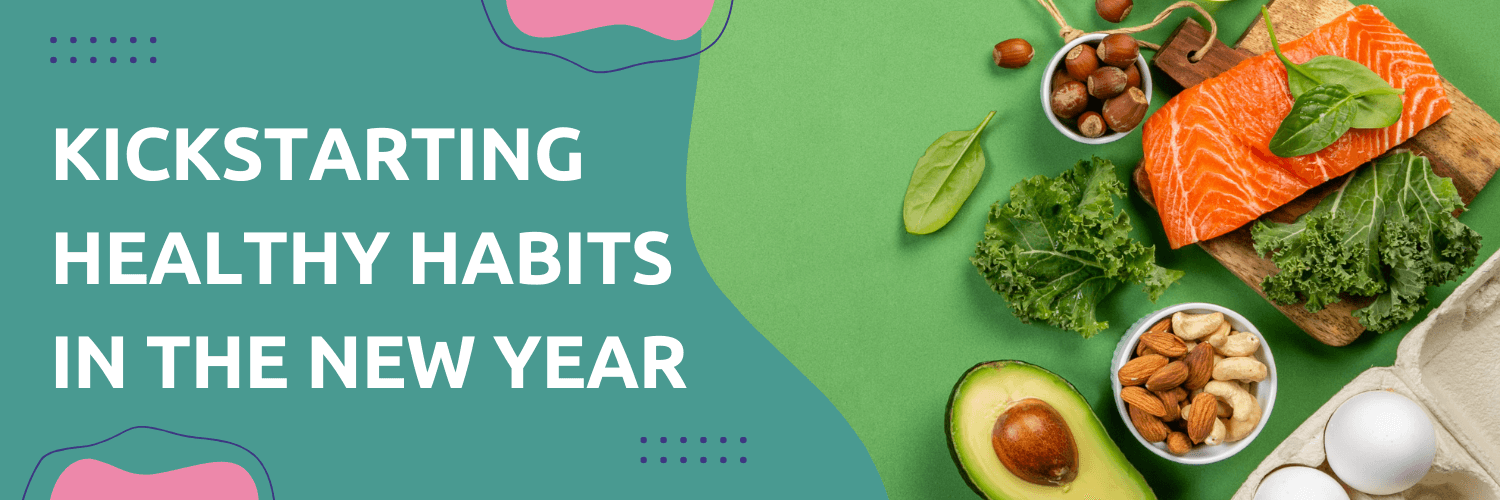We’ve all heard that too much sugar is bad for us, but do we really understand just how damaging sugar can be for our bodies? Is a little bit okay or should we be avoiding the stuff altogether?
Sugar is Addictive
Eating sugar releases the chemical Dopamine into your system – the chemical that makes you want to do something or tells you to pay attention (because things are about to get good). You can think of dopamine as the motivating chemical. When a particular action results in a dopamine kick, your brain picks up the pattern after a few rounds, and you soon become addicted to the action. Whether that’s from playing a video game, winning a competition or eating a few sweets, the body doesn’t distinguish between helpful and harmful stimuli. You become addicted either way.
Blood Sugar and Diabetes
It’s no secret that a diet high in sugar increases your chances of diabetes substantially. An abundance of sugar can cause insulin resistance to develop. Insulin is integral in turning sugar in your bloodstream into energy. If your body can’t control your blood sugar levels properly, type 2 diabetes can develop.
Arthritis and Inflammation
If you experience any joint pain, then you have ample reason to avoid sugar. Eating lots of sweets has been shown to worsen joint pain. This is believed to be due to increased inflammation from excessive consumption of sugar. Studies have also indicated a link between sugar consumption and rheumatoid arthritis.
Sugar Ages Your Skin
Another one caused by inflammation; sugar can make your skin age faster. Sugar attaches itself to proteins in your blood and creates molecules called “AGE’s” (Advanced Glycogen End products). In essence, these molecules age your skin. They can damage collagen and elastin in your skin – that fibres that keep it looking youthful. If you want to avoid wrinkles and saggy skin for actual ageing, steer clear of sugar.
Mood
Eating high-sugar foods can boost your mood in a pinch by increasing your blood sugar levels pretty rapidly. The only issue is that this ‘sugar high’ is quickly followed by a low or ‘sugar crash’. It’s like a rollercoaster for your glucose levels, except you aren’t left feeling exhilarated – more like jittery, anxious or lethargic.
There’s no consensus on the right amount to eat
Across the board, health organisations all agree that too much sugar is bad for you. But there’s no agreement on how much sugar is too much, and how much is okay to eat. The Institute of Medicine as neglected to set a recommended daily allowance (RDA)for sugar, as it’s not a required nutrient. The NHS says that sugar should take up no more than 5% of your daily caloric intake, that includes sugar in fruit juices. That’s a maximum of 25g for a 2000kcal diet and 31g for a 2500kcal diet.
At the end of the day, reducing your sugar intake a little bit at a time is the ideal approach. It’s far more challenging to stick to a diet that radically changes overnight, compared to a diet that you make incremental improvements to overtime. While the former is no doubt ‘healthier’ on the body, it’s unrealistic and a significant reason most people give up on eating healthily.






